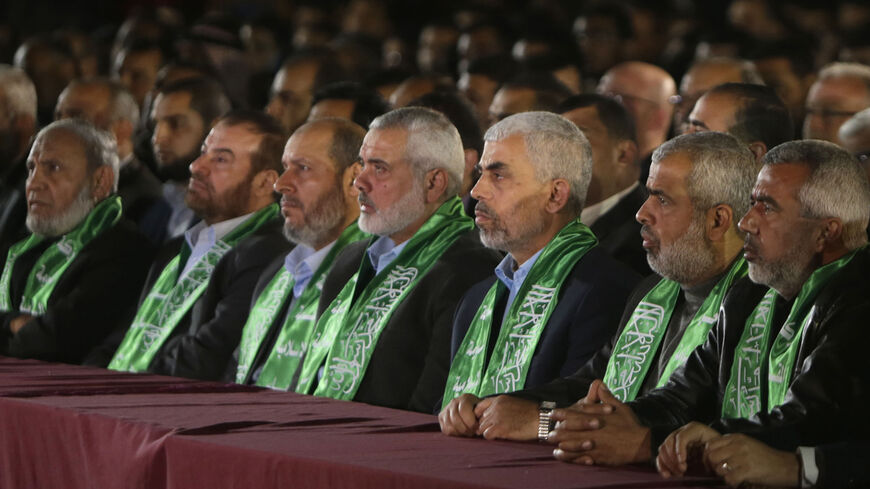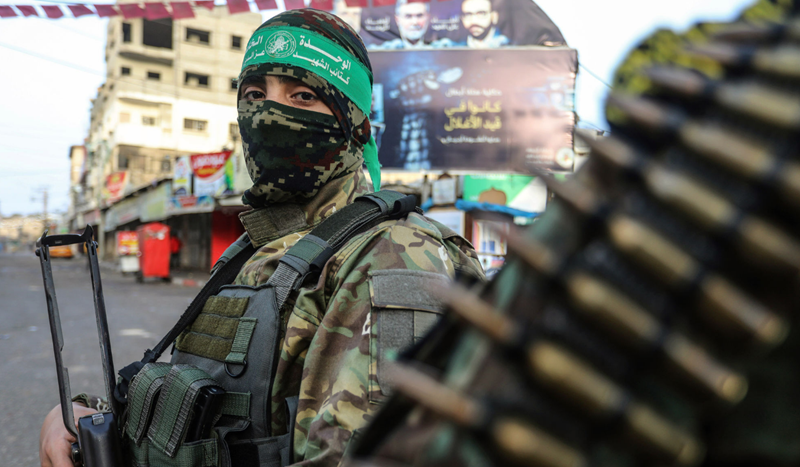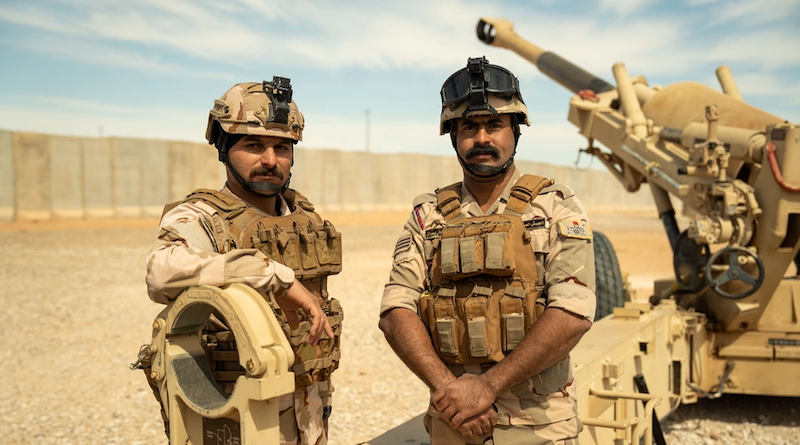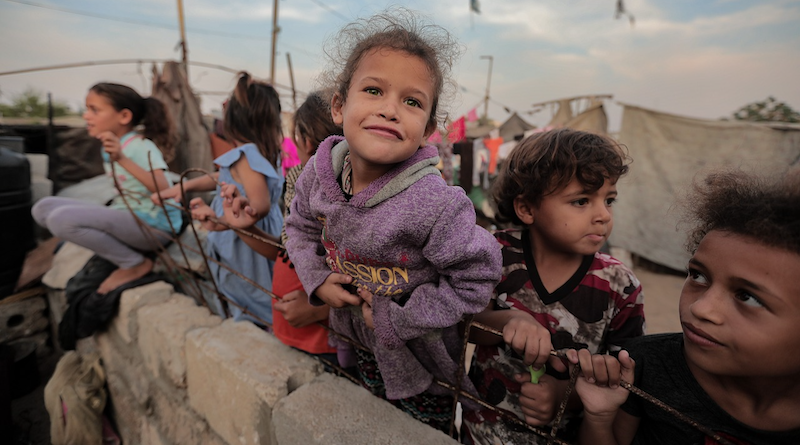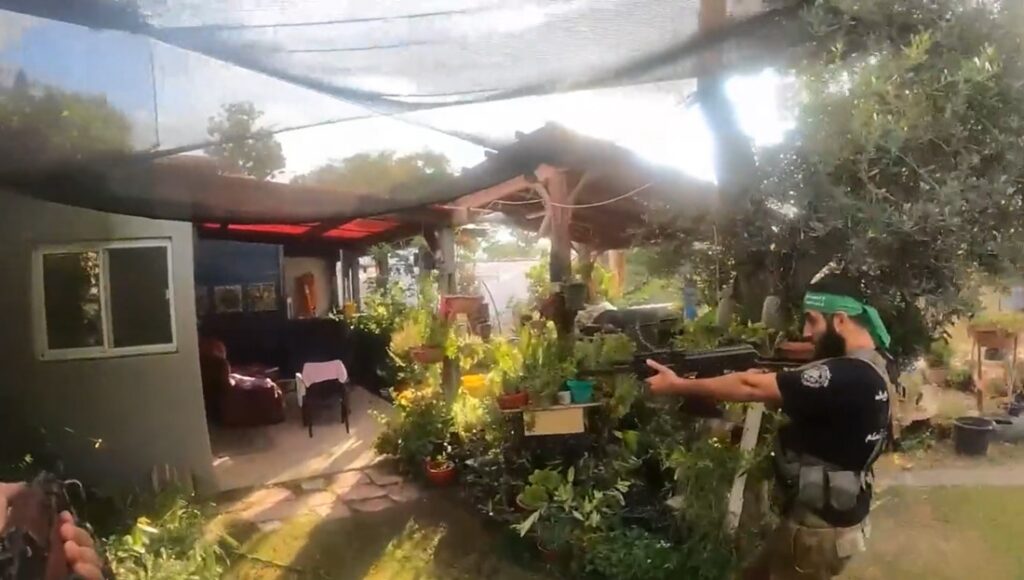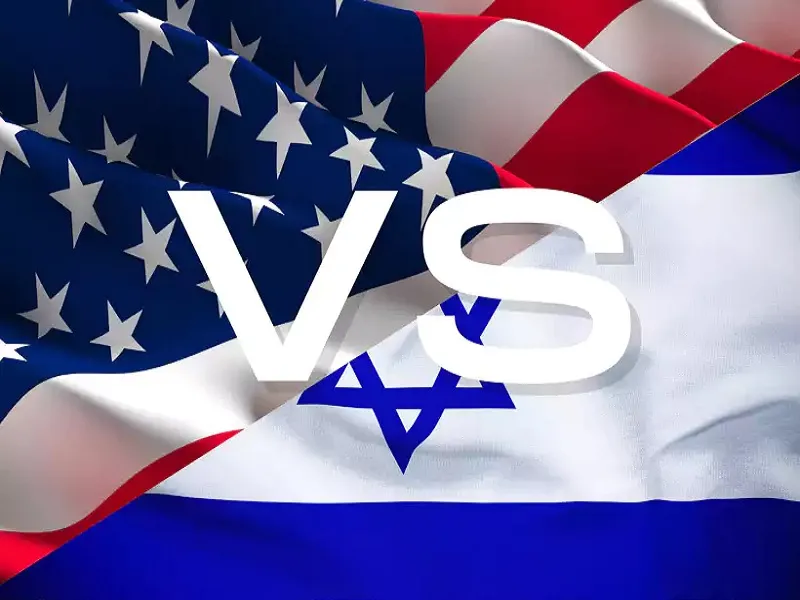Comment l’Iran mobilise son « Axe de la Résistance » face à Israël
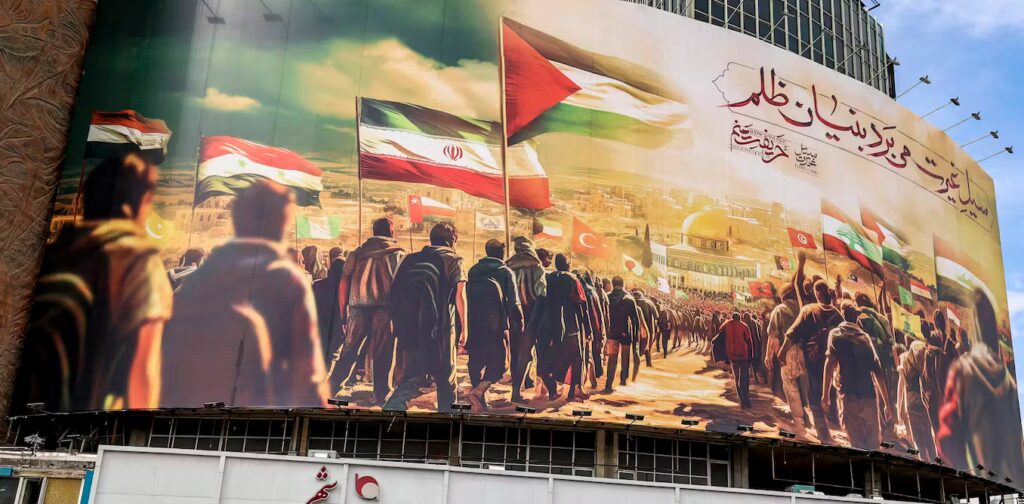
L’attaque dévastatrice du Hamas le 7 octobre a changé la donne au Moyen-Orient. Le dossier israélo-palestinien, relégué au second plan depuis au moins une dizaine d’années, est brutalement revenu au cœur de la géopolitique régionale.

